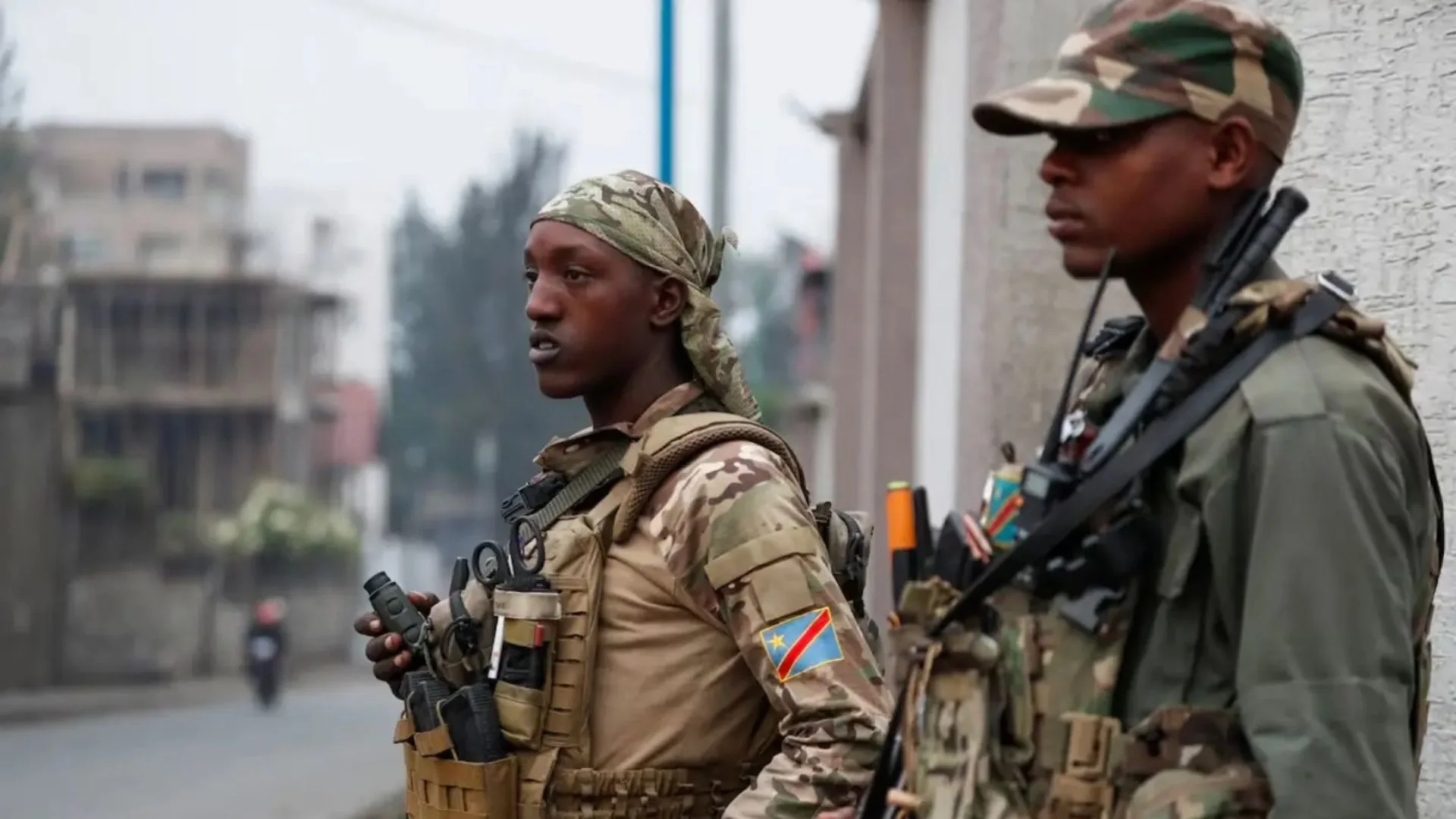The government of the Democratic Republic of Congo and M23 rebels held their first private discussions in Qatar last week, marking a potential breakthrough in efforts to end escalating violence in the country’s east. A source familiar with the matter confirmed the talks to Reuters on condition of anonymity.
These early negotiations, held discreetly in Doha, are the first direct contact between the two sides since M23 launched a swift offensive that captured the eastern cities of Goma and Bukavu earlier this year. The advance triggered a humanitarian crisis, with thousands killed and hundreds of thousands displaced since January.
The source described the talks as “positive,” noting that the rebel group agreed to withdraw from the strategically important town of Walikale as a gesture of goodwill. Walikale, situated in a mineral-rich region known for its tin reserves, had been a recent flashpoint in the conflict. The rebel group had previously committed to vacating the area but cited ongoing Congolese military drone activity as a reason for the delay.
Two local residents, a government official, and Congolese army sources confirmed that M23 fighters have now left the area. The M23 and Congolese government have yet to comment publicly on the outcome of the discussions.
Further negotiations are scheduled to resume in Doha on April 9, raising hopes that a ceasefire or broader peace framework might emerge.
The fighting in eastern Congo has sparked fears of a wider regional conflict, especially given the presence of Ugandan and Burundian forces in the area. International observers, including the United Nations and Western governments, have accused Rwanda of backing M23 with troops and weapons. Kigali has repeatedly denied these claims, asserting its military actions are defensive responses to threats from Congolese forces and affiliated militias.
The coming talks are seen as a critical opportunity to de-escalate the volatile situation.









